Electric vs gas boilers – everything you need to know to make the choice
Which type of heating is best for your home?
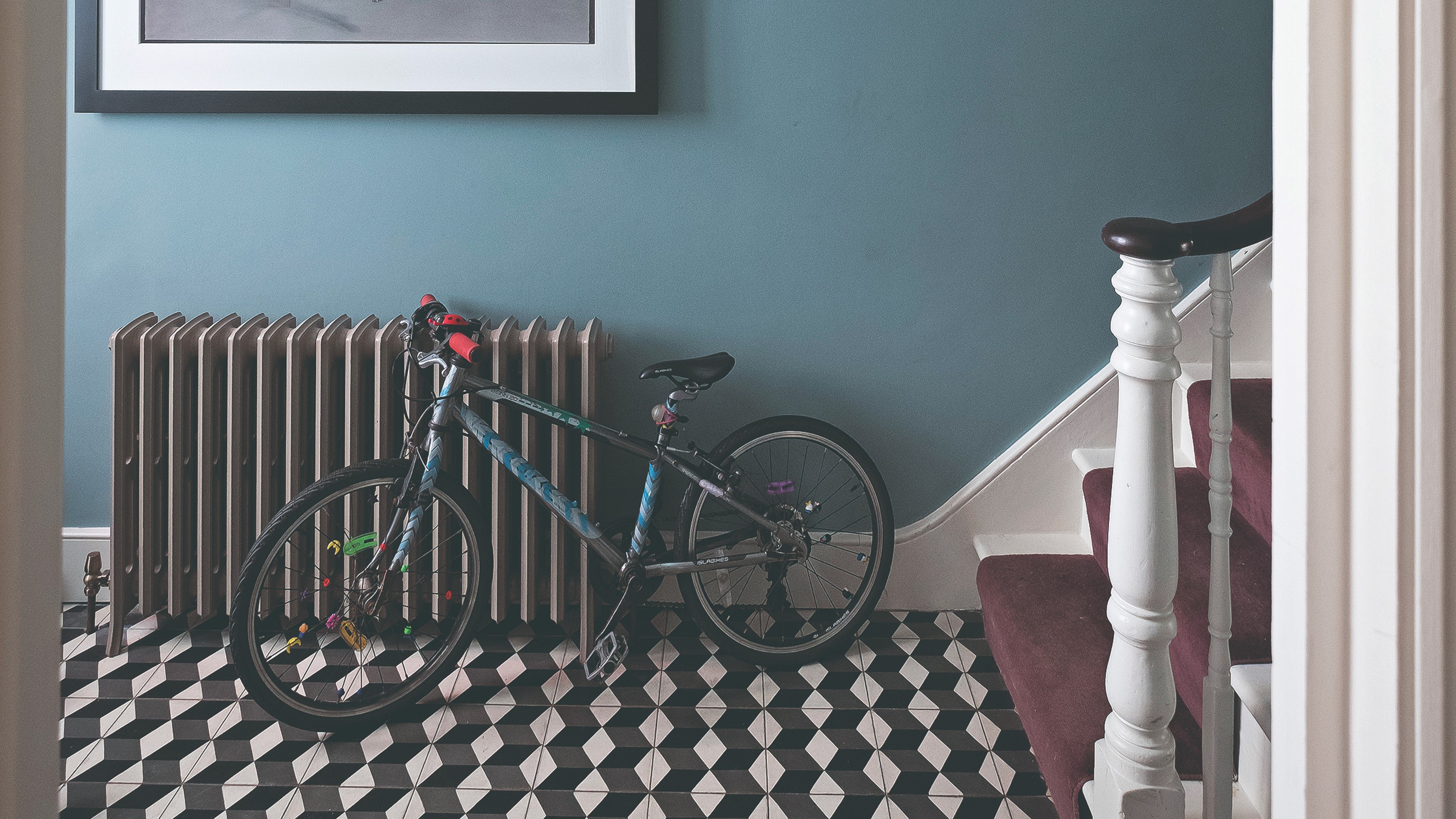

Knowing the pros and cons of electric vs gas boilers is important when it comes to making the right heating choice for your home. Each option has its advantages and disadvantages when it comes to energy efficiency, cost and actual heating power.
Gas boilers are by far the most popular option in the UK at the moment, with around 78% of homes currently using them to heat their homes. But electric boilers have some important merits that may make them a more sensible choice. So which one is right for you and will help you save energy and lower bills this winter?
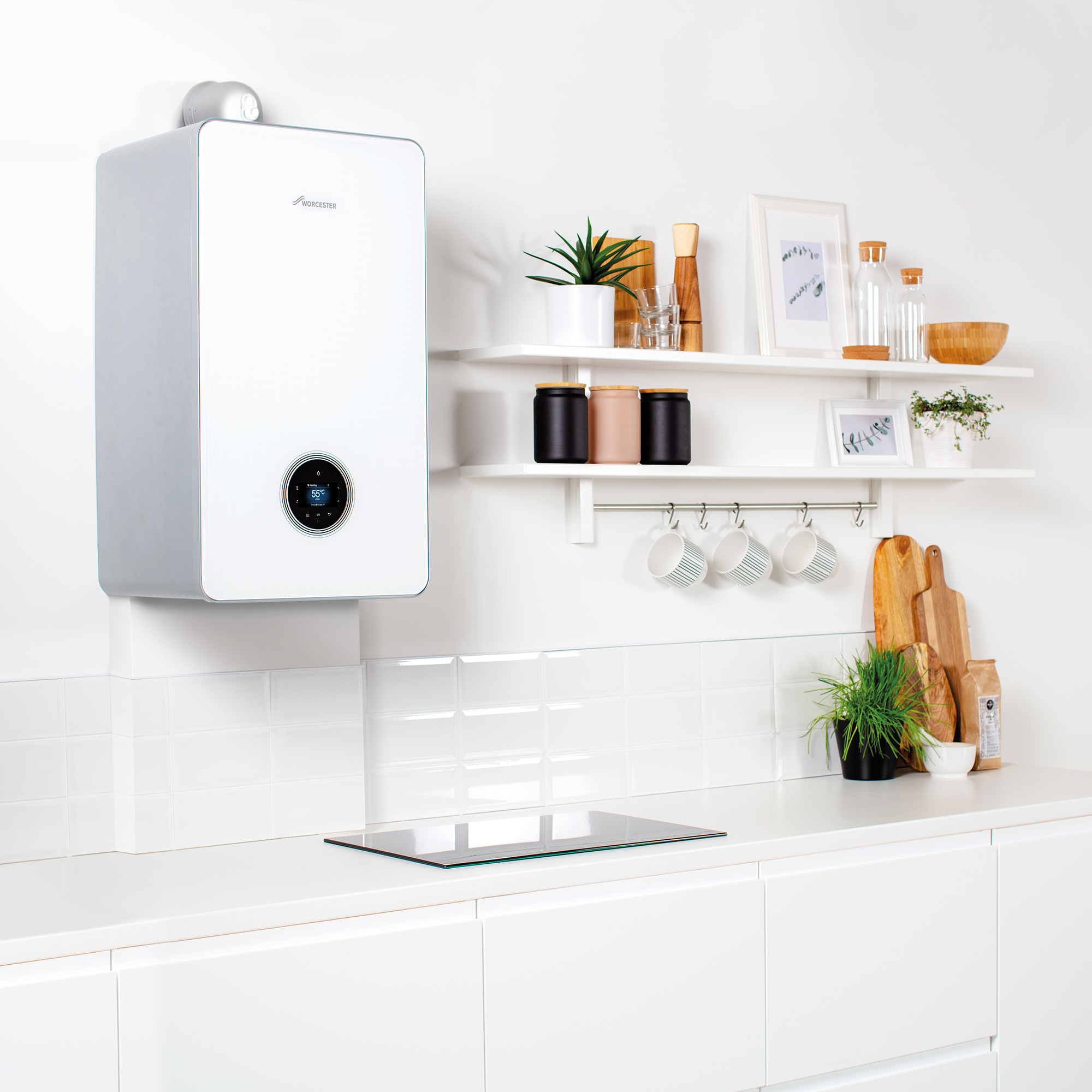
Electric vs gas boilers – what are they?
Both gas boilers and electric boilers work to heat your home. But there are some important differences in the way each type runs to be aware of when you see signs you need a new boiler. 'A gas boiler burns natural gas fuel to generate heat for the central heating and your hot water systems,' explains Nick Tandy, Head Engineer at Toasti. 'An electric boiler on the other hand, turns the electricity into heat, rather than burning fossil fuels.'
Matthew Jenkins, heating expert at MyJobQuote, says that the heating process is then pretty similar for both boilers. 'Both systems heat water for your home, which is then transported through pipes to radiators and to taps to provide hot water.'
So why might you choose one over the other in the electric vs gas boilers debate?
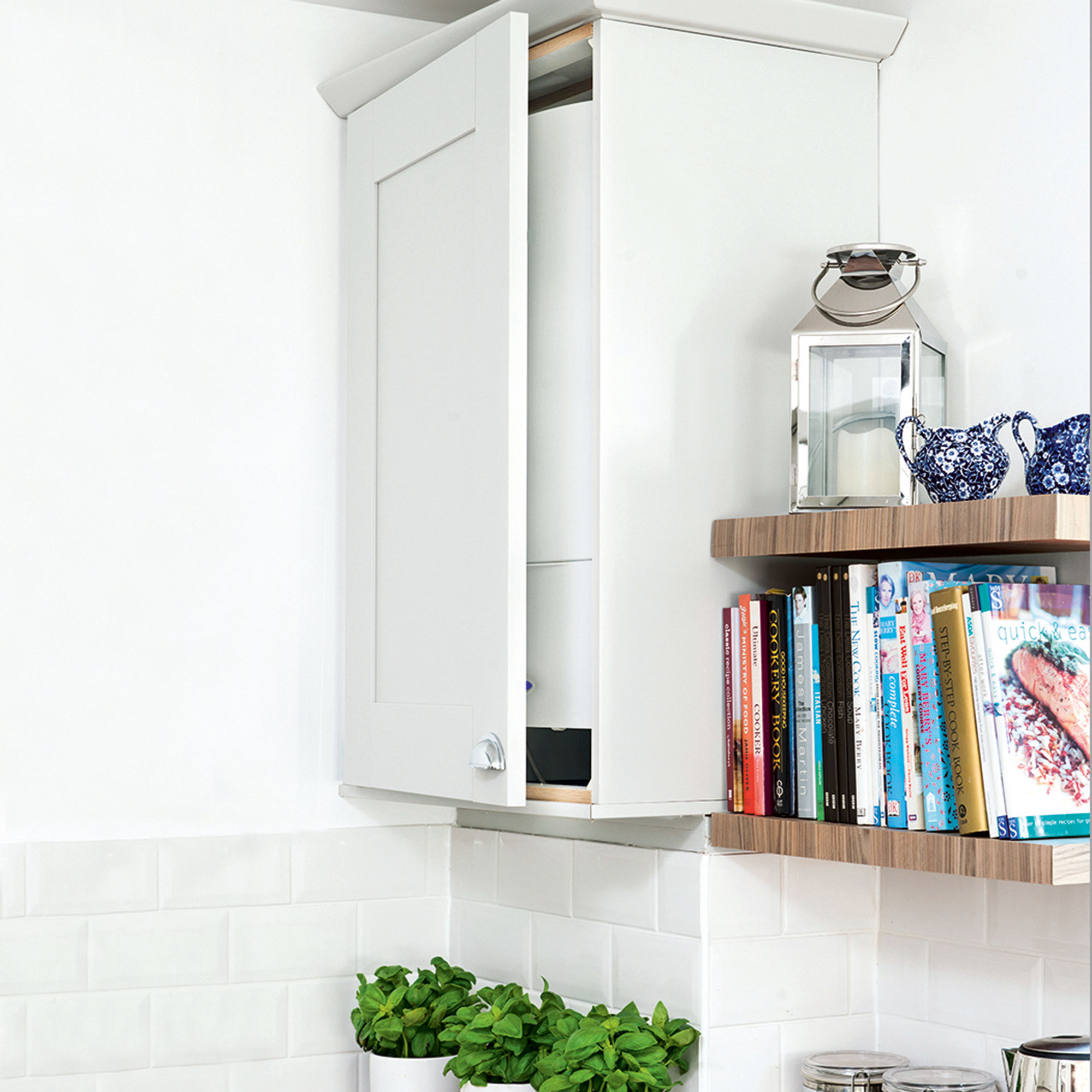
Which boiler costs more – electric or gas?
In terms of initial outlay, a gas boiler will almost always be more expensive. Checkatrade puts the average UK cost for an electric combi boiler cost at £1,100. Then there's installation, which is usually much less expensive for an electric boiler, where no flue or gas water pipe are involved. Depending on whether you go for a like-for-like swap or need to move your boiler, the installation costs of a gas boiler can range from just over the £1,000 mark to close to £4,000.
At time of writing, British Gas quoted £2,695 for the supply and fitting of a like-for-like gas combi replacement boiler cost. The boiler supplied was a Worcester Greenstar 8000 Life 35kW Combi with a five-year parts and labour warranty. In this instance, the boiler was located on the ground floor, and the house had two bathrooms and up to 10 radiators to heat.
Get the Ideal Home Newsletter
Sign up to our newsletter for style and decor inspiration, house makeovers, project advice and more.
Running costs
If running cost is your main concern, the electric vs gas boilers question is arguably a more difficult toss-up. Currently, electricity is more expensive than gas as a fuel. According to Checkatrade, based on the UK average of £16.6p/KWh, running a 12 KW electric boiler at 70 hours a month costs £139.44. the equivalent gas boiler would currently set you back £90 per month.
Nick Paulson, heating expert at PlumbNation, explains that if you choose an electric boiler, 'you will be using more electricity, meaning your monthly tariff could end up being quite costly.' However, it’s worth noting that given the current crisis in the UK pushing up gas prices, this could well change over the next few years so you may start to need energy bill help.
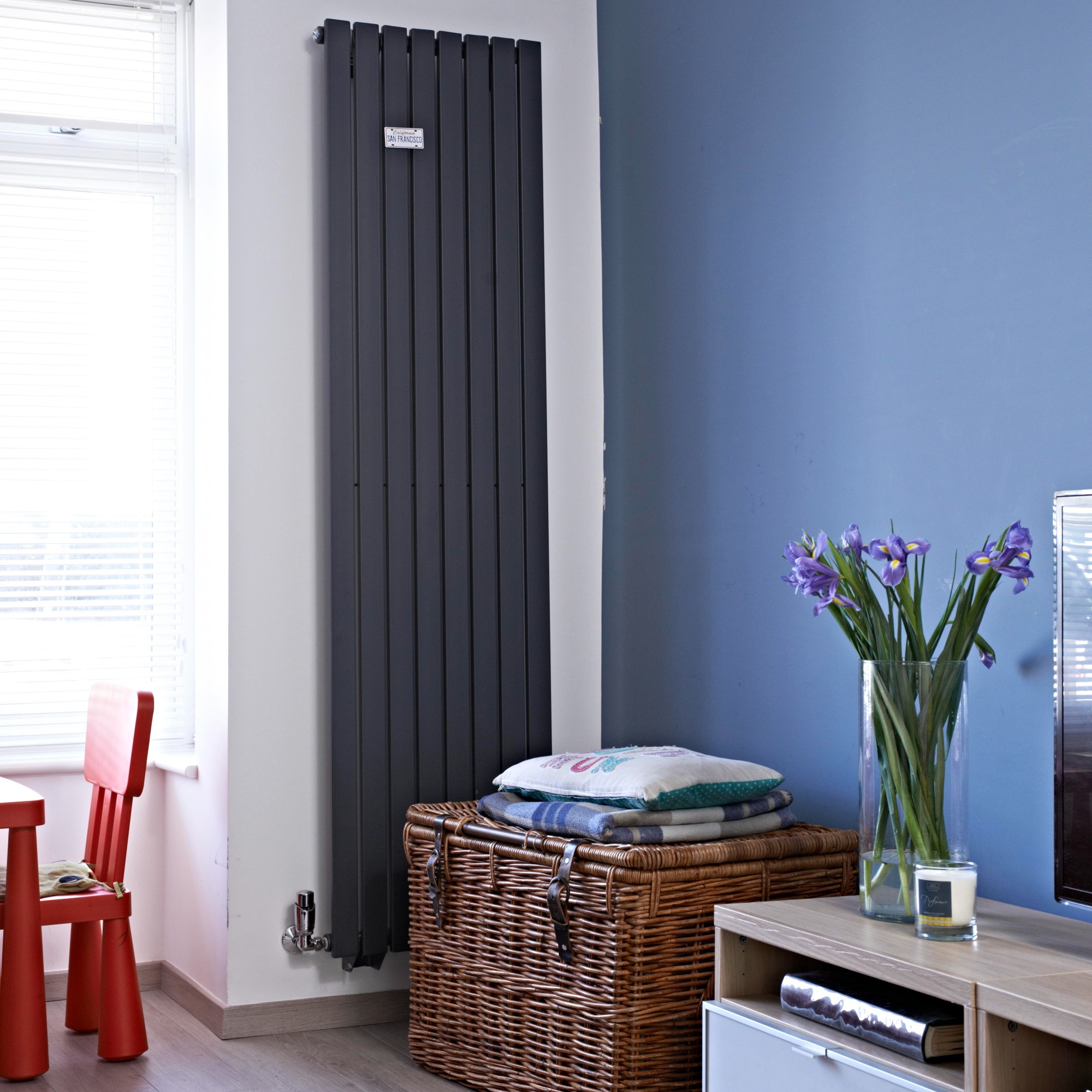
Maintenance costs
And while electric boilers are more expensive bills-wise, they are likely to be much less costly when it comes to maintenance. 'Their main advantage is that they have no moving parts, which means they are less likely to break and therefore they will need less maintenance,' says Nick from PlumbNation.
You also need to think about the servicing costs when considering electric vs gas boilers. The electric options don’t require an annual service, unlike gas boilers, making them cheaper to maintain. If you’re wondering how much a boiler service costs, you’re likely to pay up to £100 a year. This rises to £200 if you have a broken boiler.
Gas boilers can be cheaper to buy and install, because they are more popular, and so are more widely available. But outside of costs, a gas boiler can be trickier to install. 'It’s a large and expensive experience,' Nick noted. 'It can take several weeks for a professional plumber to fit new pipes and radiators, and will involve lifting floorboards, damage to walls, and sometimes weeks with limited hot water and heating.'
Heatable Gas Safe engineer Ben Mars points out that on the other hand, 'Electric boilers are easier to install, as unlike a gas boiler they do not require a flue and condensate pipe.'
Eco credentials
There’s no doubt that if you’re after the most environmentally friendly boiler, there's not a question in the electric vs gas boilers toss up, as electric is the right choice. Electric boilers do not produce any carbon emissions as they heat your home – a rather large downfall of gas boilers, which burn through fossil fuels, emitting damaging CO2 into the air. In fact, it’s estimated that 40% of carbon dioxide emissions come from UK households, with gas heating playing a large part in that figure.
This also means that in terms of safety, electric boilers tend to win out, too. Gas boilers carry an inherent risk of carbon monoxide leaks – something you don’t need to worry about with an electric option. 'Having said that, it is worth noting that with the correct maintenance and choosing a gas safe engineer, the risk of a carbon monoxide leak in a gas boiler is low,' says Matthew from MyJobQuote. Regardless, always ensure that you have working carbon monoxide detectors, available on Amazon in your home.
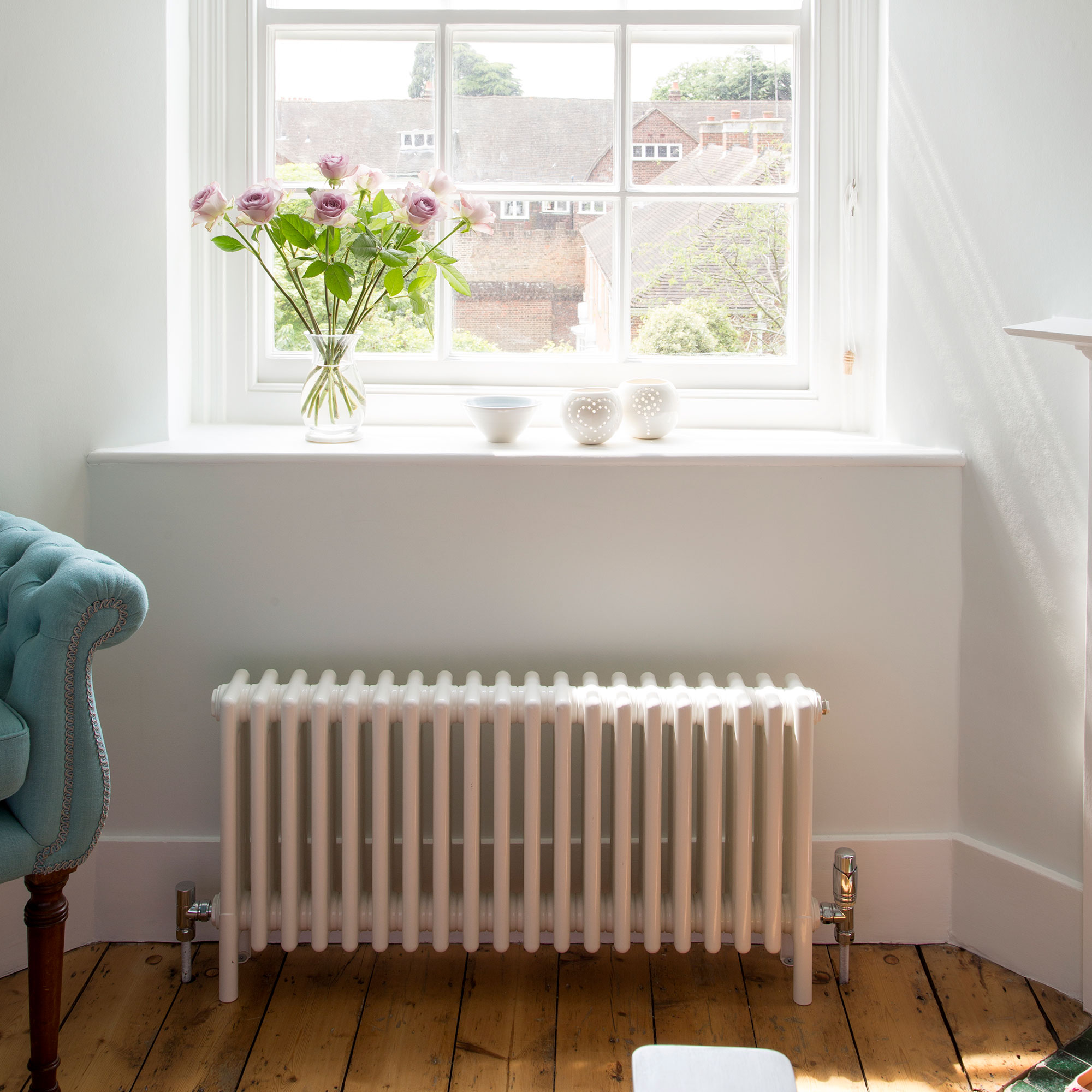
Performance comparison
There’s another clear winner in the electric vs gas boilers debate here. If you want your home to heat up faster and more effectively, choose a gas boiler. 'Gas boilers heat the home much faster than an electric heating system,' says Nick from PlumbNation. 'That's because the burner will produce maximum heat from the moment it is switched on.'
Electric boilers generally can’t compete here (yet). That's because they have a much lower flow-rate – the rate of water they send to your taps in one minute – than gas boilers. 'This means they typically aren’t going to provide a good level of heat and hot water to the average UK home, which typically have poor insulation and thermal efficiency,' reveals Ben from Heatable. 'This means that electric is only really viable for home heating over a longer period. Or in homes that are extremely well insulated.'
It’s also worth noting that gas is rarely unavailable. Whereas electric power cuts (which are more common) would affect your heating and hot water supply, if you had an electric boiler.
The final verdict
Overall, the winner in electric vs gas boilers is up to you to make the right choice for your home and budget.
Most experts believe that currently, gas boilers are probably a better option for most UK homes. This is because they heat your home faster and more efficiently than electric. Which of course is the main job of your home heating system. Not only that, they’ll also give you much lower monthly costs compared to electric. And gas boilers are easy enough to replace, should yours break down.
However, they are some big pros to consider when it comes to electric boilers that gas boilers can’t match. Electric boilers will help you to seriously lower your carbon footprint and are a lot more low maintenance. Plus, they carry none of the safety risks of gas boilers and are even easier to install.
In addition, there has been a lot of recent discussion of a potential gas boiler ban being introduced in 2035. This forms part of the government’s mooted ‘net zero for 2050’ plan. So it may well pay to be ahead of the curve and install an electric boiler now. However, this ban is as yet unconfirmed, and if you have a gas boiler when 2035 rolls around, don’t panic. You won’t be made to remove and replace it.
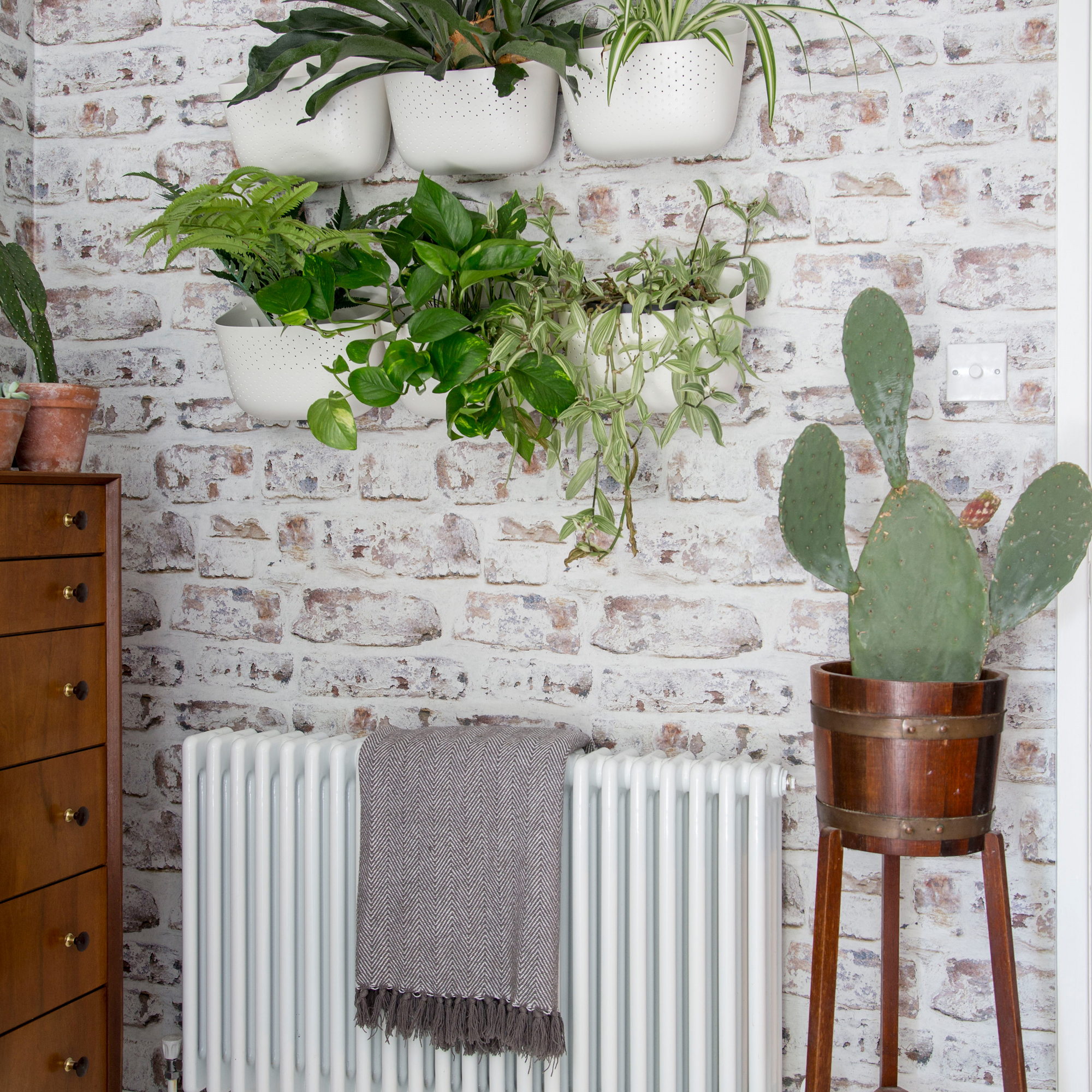
Get a free quote for a new boiler
Ideal Home has partnered with boilerguide.co.uk to provide a free quote for your new boiler.

Amy Hunt is an experienced digital journalist and editor, now working in a freelance capacity specialising in homes and interiors, wellness, travel and careers. She was previously Lifestyle Editor at woman&home, overseeing the homes, books and features sections of the website. Having worked in the industry for over eight years, she has contributed to a range of publications including Ideal Home, Livingetc, T3,Goodto, Woman, Woman’s Own, and Red magazine.
-
 Will a conservatory add value to your home and how can you maximise it?
Will a conservatory add value to your home and how can you maximise it?This is what the pros say
By Amy Reeves
-
 I’ve been looking for a new signature scent for my home and The White Company's new fragrance is the exact summer holiday smell I needed
I’ve been looking for a new signature scent for my home and The White Company's new fragrance is the exact summer holiday smell I neededSantorini smells fresh, summery and sophisticated
By Kezia Reynolds
-
 How to remove algae from garden walls in five steps – and the cleaning product experts rave about for tackling it fast
How to remove algae from garden walls in five steps – and the cleaning product experts rave about for tackling it fastExperts share their top tips for getting garden walls algae-free
By Katie Sims